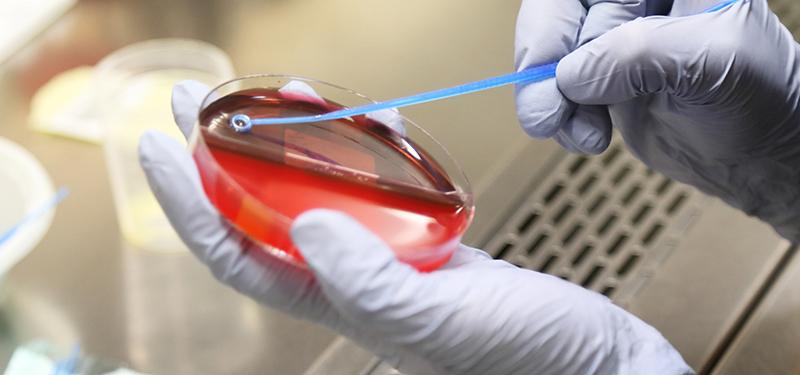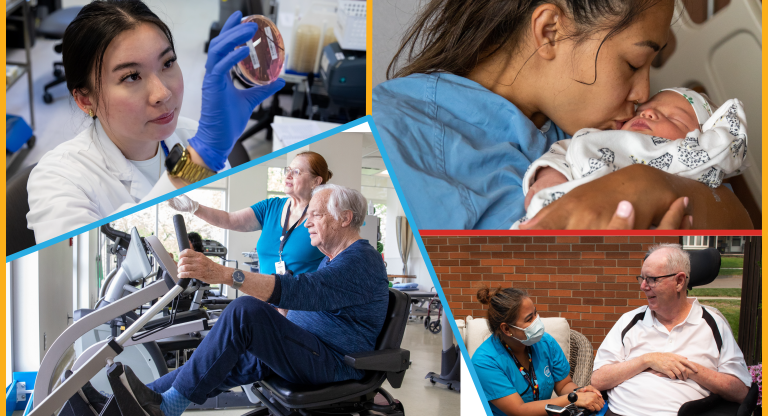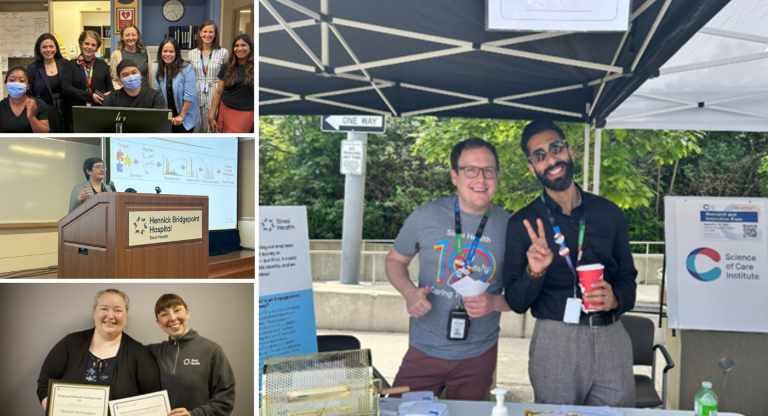New paper by Sinai Health experts urges action on antimicrobial resistance

More than a million people die each year due to infections that can’t be cured by currently available antibiotics.
This number could grow without urgent action by governments around the world to address antimicrobial resistance. According to a paper by scientists at Sinai Health and published this week in the Lancet Regional Health –Americas. Canada is lagging behind other high income countries when it comes to taking action on antimicrobial resistance.
In the paper, lead author Deborah Somanader, Research Coordinator at the Sinai Health-University Health Network Antimicrobial Stewardship Program and a group of experts from across multiple sectors argue that Canada should take action by incorporating antimicrobial resistance (AMR) initiatives into programs that have been created and funded to address the COVID-19 pandemic.
“Addressing the issue of AMR is aligned with some components of the proposed action plan for COVID-19 mitigation and recovery by the Federal Government,” says Deborah. “Incorporating AMR mitigation efforts into these existing initiatives would enable us to make progress.”
The areas of opportunity the paper outlines include:
- Development of infectious disease diagnostics and therapeutics.
- Antimicrobial stewardship interventions in long-term care and in Indigenous communities.
- Environmental monitoring of AMR.
- Comprehensive antimicrobial use and AMR surveillance.
- Support for capacity-building in low and middle-income countries.
Deborah says that ultimately, what is needed is a national and coordinated strategy built around the Pan-Canadian Framework for Action Against AMR. There is currently a Pan-Canadian AMR action plan in development. In the meantime, the paper by Deborah and her colleagues proposes action Canada can take on this urgent issue that requires global cooperation.












